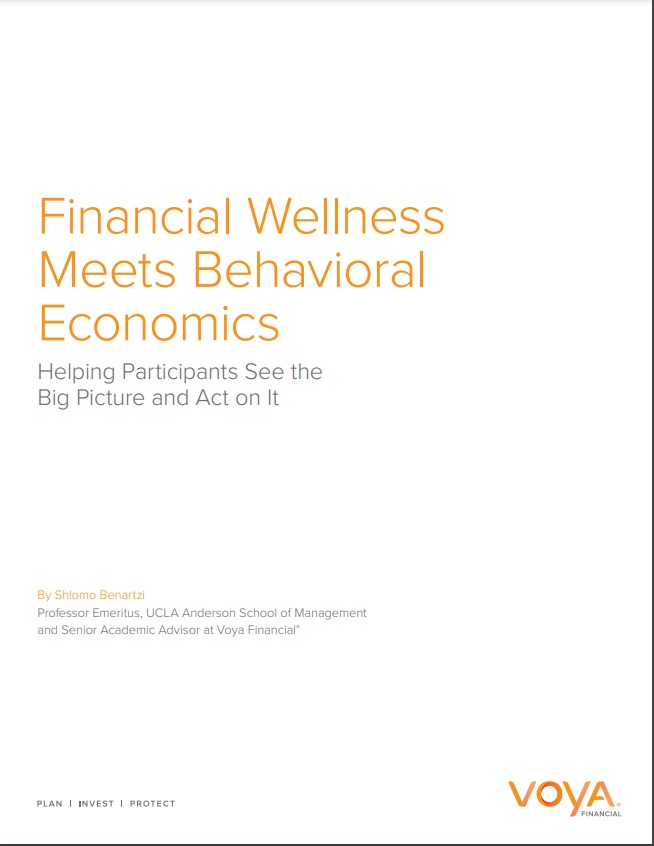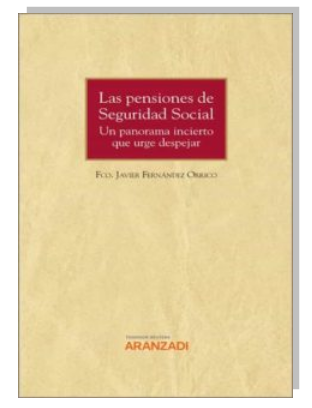Los retiros de las fondos previsionales y las finanzas: nuevas rutas de extracción financiera
Por: Lorena Pérez-Roa En un contexto de crisis salarial producto de los efectos de la pandemia sociosanitaria y en razón de la falta de apoyos económicos, se implementó en Chile en julio del 2020 una ley que permitió el retiro anticipado del 10% de los fondos previsionales. Esta controversial medida permitió que más de 11 millones de trabajadores accedieran a los retiros y tuvo, a su vez, un efecto no esperado de reactivar la economía chilena. En este artículo se...










